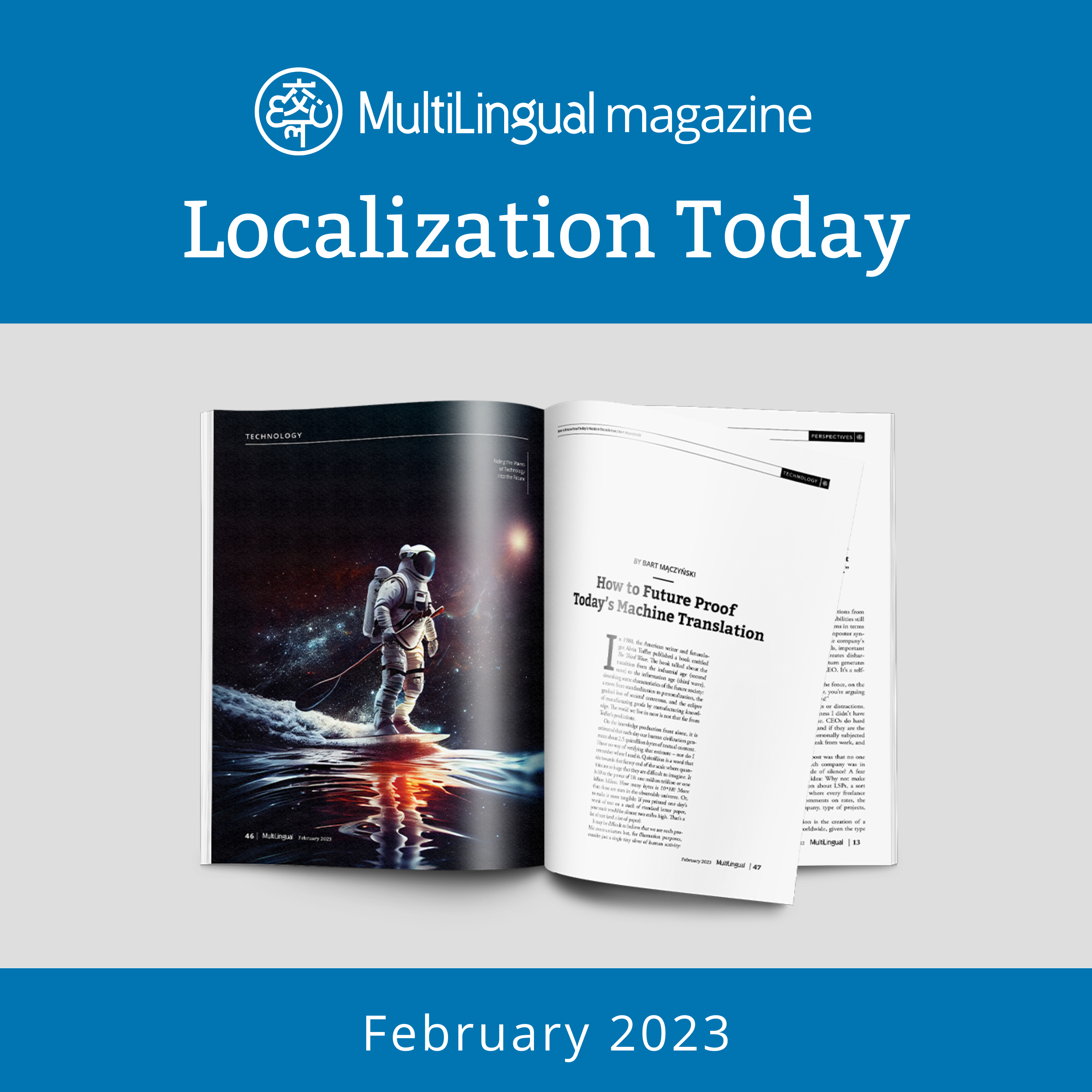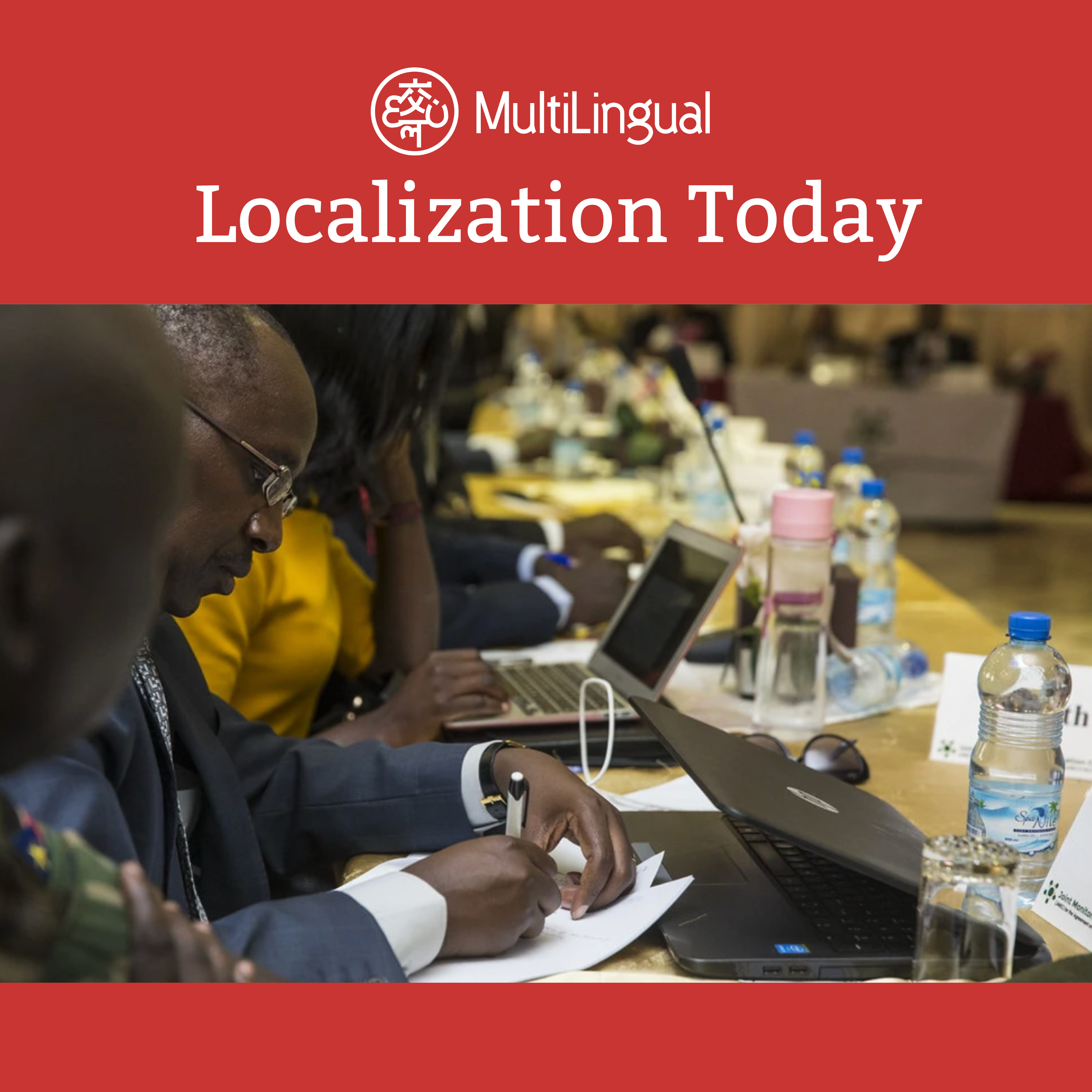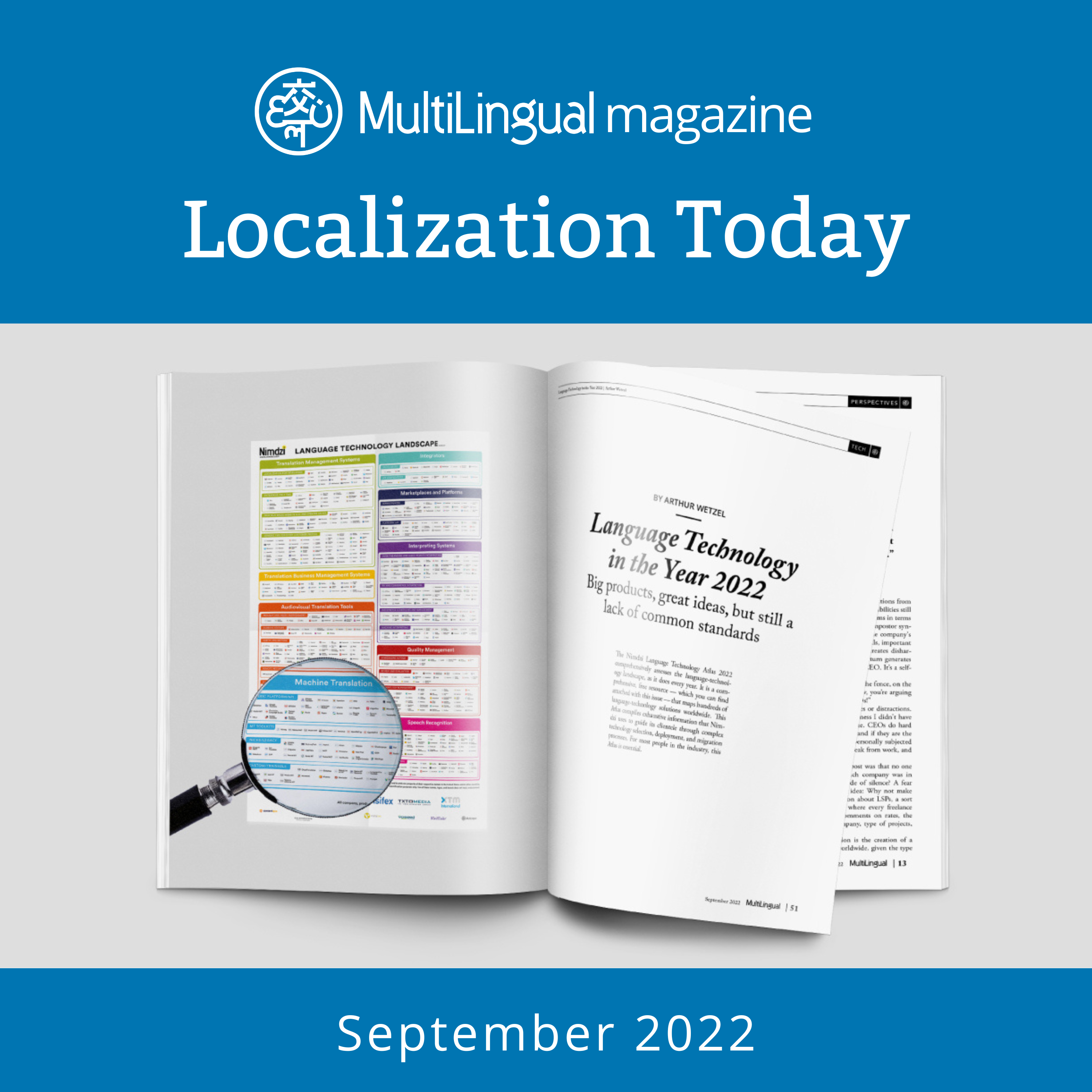Episode Transcript
[00:00:00] Speaker A: Heil Alcaliffe preserving culture through translation interview.
[00:00:04] Speaker B: By Cameron Rasmussen Saudi Arabia Princess Noora bint Abdulrahman University proudest raising my daughters to be who they have become today. Favorite place visited whenever I am with my loved ones, it becomes my favorite place.
Fun I am a screenwriter who loves dark comedy.
[00:00:27] Speaker A: Pause medium arabic literary masterworks, both classical and contemporary, make up a veritable treasure trove of cultural gems. And with ambitious plans among many arabic speaking countries to diversify their economic power and cultural influence on the global stage, it's likely the trove will accumulate yet more riches in the decades to come. One of the stewards of that cultural repository is Doctor Heil Alkaloff, general manager of translation for Saudi Arabias Literature Publishing and Translation Commission, which operates under the countrys Ministry of Culture. An accomplished academic with significant experience in literary translation and analysis, not to mention an encyclopedic knowledge of arabic folklore, Al Caliph is at the forefront of the exciting cultural initiatives unfolding in Saudi Arabia and other Gulf cooperation Council countries. Through her work advancing the saudi translation and publishing industries, Alcalaf aims to share the countrys cultural heritage with the world and help foster understanding between nations. When it comes to her true passion of arabic literature, Alcala sees a bright future with every new book and other jewel in a collection centuries in the making.
What first attracted you to linguistic and literary work and how did that shape your career trajectory?
[00:01:48] Speaker B: My fascination with language began early. Ever since I was a little girl, words have always captivated me. Since then, my insatiable curiosity for languages has driven my journey. Books were my portal to worlds beyond my immediate surroundings. I loved the way a well crafted sentence could spark my critical thinking and analytical skills, teaching me something profound about the human experience.
My freshman year professor recognized my ability to see the layers within a story and encouraged me to pursue a degree in literature. At university, I learned that literature and languages are inextricably linked like inseparable companions. The exploration of literature illuminates the beauty and intricacies of languages, while the understanding of languages unlocks the depths of literary treasures. The departments comprehensive approach combining translation, literary studies and languages deeply appealed to me. This unique blend of the three essential literary components allowed me to perfectly shape my education.
My career began as a research assistant at Princess Noora bint Abdulrahman University in Riyadh, where I later pursued my master's degree and PhD.
In subsequent academic positions and as an advisor in corporate communication and the cultural sector, I gained a broader view of literature's role in society.
These experiences proved to me that literature is about far more than just stories. It's about communication, identity, and connection across borders. Today, I lead the translation sector of the Literature Publishing and Translation Commission, or simply the commission.
My passion for translation has always been linked with my love of literature. Translation isn't just about ensuring that documents are understood it's the foundation for so much more, a tool forging deeper understanding between cultures.
[00:03:41] Speaker A: Your master's degree is in children's literature and your PhD is in prison poetry. How did you become particularly interested in those literary categories, and what are some of the insights you gained through your education?
[00:03:54] Speaker B: My focus on childrens literature began with a passion for the way stories shape young minds. Childrens literature taught me how stories can spark imagination, empathy, and joy, planting the seeds of lifelong learning. My doctoral work took an unexpected turn when I watched a documentary on the lives of incarcerated individuals who found solace, redemption, and creative expression through writing. The documentary showcased the raw emotions, struggles, and triumphs woven into the fabric of their literary works, revealing the profound impact that storytelling can have within prison walls. This often controversial genre intrigued me. I wanted to explore how creativity can foster self reflection and healing even within the darkest circumstances.
How did you become particularly interested in those literary categories, and what are some of the insights you gained through your education?
Historically, there have been inspiring works coming from this genre and representing figures from different cultures. In my PhD thesis, I tackled the poetry of Mahmoud Darwish and Babi sans, two international symbols of resistance. I studied their style and form, exploring how they find ways to express complex feelings and experiences through symbolism and metaphor. A symbol in prison literature can have deeply personal meaning for the author while also resonating on a universal level. For example, a bird glimpsed through a barred window can represent, on the personal level of the prisoner, tangible connection to the world outside.
On a universal level, birds are associated with freedom and transcending limitations.
Studying both prison and childrens literature has been incredibly eye opening. These often marginalized genres reveal the immense power of the written word to give voice to the unheard. This exploration of diverse and often overlooked perspectives has supported my belief of what literature can be and broadened my understanding of its ability to create new worlds.
[00:05:52] Speaker A: Youve written about saudi folktales and some of the ideas theyve transmitted through history. Are any stories or concepts from arabic folklore particularly dear to your heart?
[00:06:02] Speaker B: I have a fascination with folktales and what they reveal about a cultures true values. Saudi folktales, especially those passed down through generations by our wise grandmothers, are particularly enchanting. What strikes me as intriguing and perhaps even surprising, is how these narratives were intricately woven to reflect the storytellers profound beliefs. Through these tales, the grandmothers of old showcased the significant role of women. Demonstrating early traces of feminism, they emphasized the value of women in society, challenging misconceptions and promoting gender equality. Recognizing the need to preserve these cultural treasures, in 2023, the commission collaborated with the King Faisal center for Research and Islamic Studies to launch the UNESCO Chair in Translating Cultures. This initiative aims to offer insights into arab culture and to explore new horizons in knowledge transformation, translation strategies, and technology to promote cultural interactions between countries and the global south. The UNESCO Chair in Translating cultures reflects the thriving translation movement within Saudi Arabia as well as the kingdoms, awareness of a growing need for inclusive education and interdisciplinary research in the humanities and social sciences. Its thematic focus encourages collaborations between scholars specializing in translation, culture, intangible heritage, the humanities, and artificial intelligence at local, regional, and international levels.
[00:07:33] Speaker A: What are your thoughts on the state of literary translation in the language industry? Its a role that requires a highly specialized skill set. Yet, many have questioned the financial viability of a literary translation career.
[00:07:46] Speaker B: What makes literary translation particularly fascinating is the translators pivotal role as not just a conveyor of words, but as an artist in their own right. Literary translators possess a unique set of skills that include language and literary expertise, cultural understanding, creativity, and a sense of empathy. Their success lies in effectively capturing the essence of the original work, its messages, meaning, and overall purpose, while seamlessly adapting to the target language. In some cases, translators excel in presenting a remarkable recreation of the original piece, transforming themselves into fellow artists who reconstruct the authors literary masterpiece using the tools of their own language. While a career as a translator holds immense potential, support is needed to optimize that potential. The commission aims to create a comprehensive system that empowers individuals to excel in the translation industry, ultimately boosting the literary translation sector within the arab world. We have identified key objectives towards this vision, including opportunities for skill development, professional growth, and career advancement. We offer a variety of programs focused on developing creative writing and translation skills, including literary retreats. One such program is the Translation Mentorship program, which cultivates a high level skill set in specialized translation. The program allows participants to confront real life challenges and gain expertise. Under the guidance of industry experts who serve as mentors, participants are well equipped to compete globally, possessing a deep understanding of new technologies and staying well informed about the latest advancements and practices in the translation market.
Another important initiative is called Tarhim meaning translate in Arabic. It supports translations to and from the arabic language with an emphasis on knowledge content as this serves as a catalyst for economic growth, facilitates technological advancements, and supports trade. Since its inception in 2021, Tarheem has witnessed a significant increase in the number of translated books, initially targeting the translation of 250 books. Through its grants program, the initiative expanded to 500 books by 2022 and further increased to 700 in 2023. In October 2022, the commission partnered with the Arab League of Educational, Cultural and Scientific organization Alexo to establish the Arabic Observatory of Translation.
This initiative offers a diverse range of resources, including the worlds first digital database for bibliographic data and services in the translation sector. This data supports professionals, institutions, publishing houses and relevant associations with information on the state of translation in the arab world. The Arabic Observatory of Translation also serves as a professional network of translators and publishers.
This network provides an excellent platform to connect with fellow translators and stay updated on the latest developments in the field. It offers a valuable opportunity to collaborate with other professionals and exchange knowledge within the translation community.
Last but not least, the groundbreaking practical guide for translators, the first of its kind in the arab world, was released last year. It offers local and arab translators details on both regulation and skill development within the translation industry. Aligning with international best practices, it takes into account the current state of the translation industry in the arab world, offering valuable insights into every aspect of the field.
[00:11:24] Speaker A: What are some of the most exciting works youve seen recently in the world of literary translation?
[00:11:30] Speaker B: Im personally drawn to science fiction and magic realism. However, as an institution, we support the translation of works across all genres. We focus on first time translations and books that promote knowledge transfer in various fields, including scientific advancements, philosophical works and historical accounts that shed light on different cultures and societies.
[00:11:52] Speaker A: What are some of the most compelling cultural works emerging from the arabic speaking world recently?
[00:11:59] Speaker B: Cultural books, particularly those that reflect the essence of arab culture, hold immense value for me. They mirror my genuine interests in bridging cultures and fostering communication between nations. The rich productions published by Asulan House Chronicle the most prominent saudi landmarks and have made significant contributions towards disseminating authentic arab heritage. Among the most notable books are the mysterious desert of the empty quarter and Red Sea, the saudi coast. Additionally, the kingdom owns a treasure trove of books that present the journeys of dozens of orientalists who, while armed with their cameras and inkwells, ventured into the arabian peninsula to document saudi life a century ago. The commission recognises the importance of preserving and disseminating such works, which contribute to a deeper understanding of the nations cultural identity. By supporting the republication of these literary gems, the commission aims to enrich the arabic library with content that showcases the kingdoms diverse heritage. For example, the commission has launched an initiative to republish the works of french traveler Thierry Mauger. Professor Mauger, a renowned scholar in the field of ethnology, authored several works documenting his extensive travels through the villages and cities of the kingdoms south beginning in 1979 when he arrived to work as a radar engineer. Maugers writings describe the regions arts and traditions, providing valuable insights into a bygone era. His documentation includes a vast collection of photographs numbering around 10,000. These images, published in his books, vividly portray the regions distinctive architectural style, its deep rooted historical legacy spanning millennia, and the social life and customs that characterized the area's inhabitants.
[00:13:46] Speaker A: Saudi Arabia is undergoing an ambitious revitalization effort, with goals set to be achieved by 2030. Most of the press focuses on the economic objectives, but does that ambition extend to saudi culture as well?
[00:14:00] Speaker B: Indeed, Saudi Arabia is undergoing tremendous efforts to maximize its potential in all aspects of life. Culture is a key pillar within Saudi Arabias Vision 2030, which aims to preserve our rich heritage, promote global exchange, and develop cultural industries as new sources of income and job creation.
Examples of initiatives supporting these goals include revitalizing historical sites and investing in cultural heritage tourism projects. The establishment of the commission itself represents a practical step towards realizing these goals. Its role is to empower saudi literary excellence and foster a thriving publishing industry.
The commission supports saudi authors by providing them with resources and opportunities, elevating translation practices, expanding global reach, and driving economic growth within the kingdom.
[00:14:51] Speaker A: Is there anything else youd like to add?
[00:14:54] Speaker B: Saudi Arabia is actively pursuing ambitious goals to enhance the arabic content landscape and position itself as a vital contributor to global cultural exchange. We firmly believe that arabic culture and content offer a wealth of valuable perspectives and insights that can significantly enrich the collective human experience.
[00:15:13] Speaker A: This article was written by Cameron Rasmussen, a senior writer and editor for multilingual media. Originally published in multilingual magazine, issue 228, May 2024.


